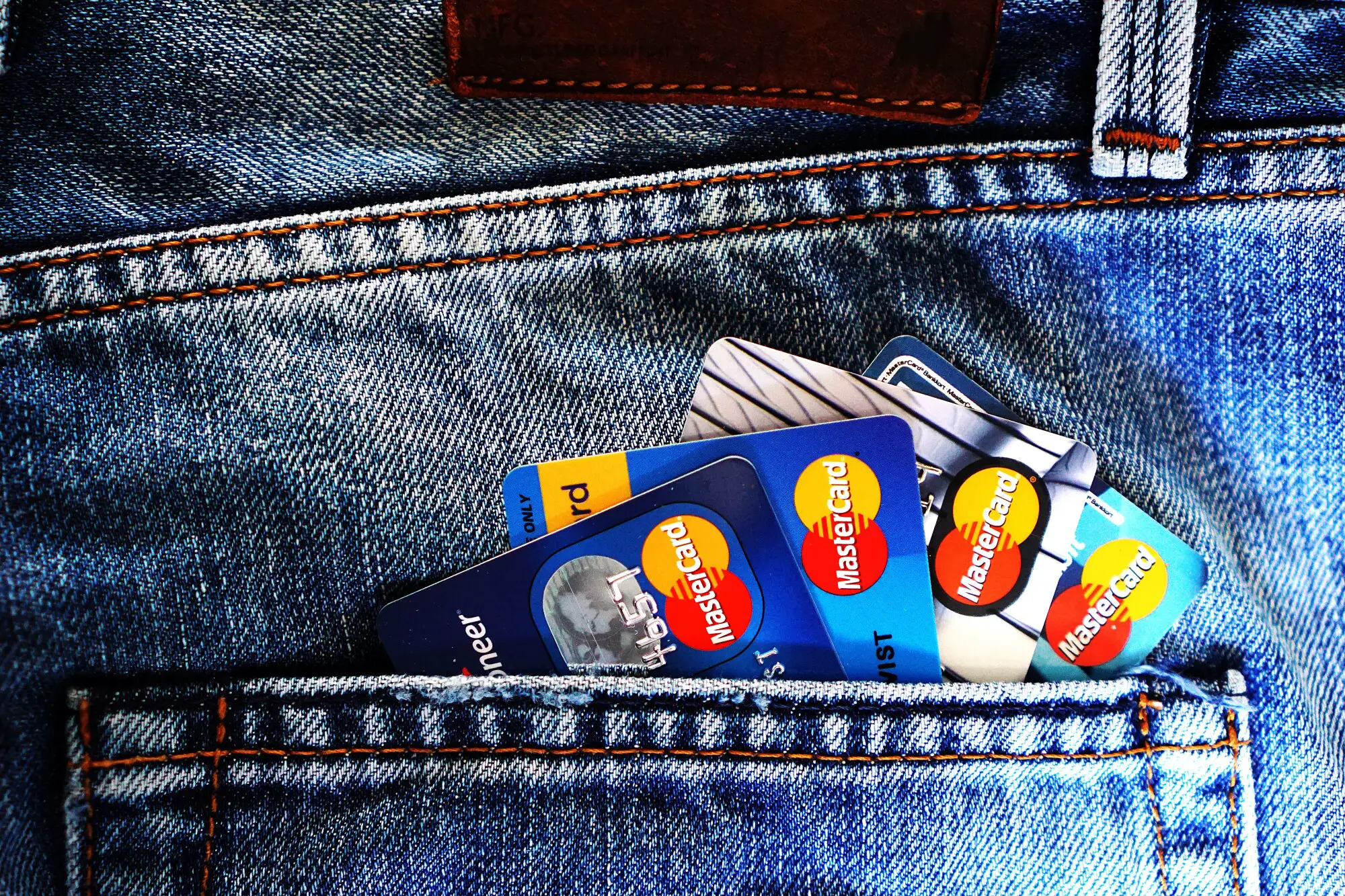Your credit score has needed help for a while.
Maybe you were underemployed while also dealing with student debt. Maybe at some point, you were one of the 33 percent of American adults who have experienced identity theft.
Or maybe that's not you. Maybe you've settled into your career, you've been nursing major entrepreneurial ambitions, and you've been hit with the homeowning bug all at once.
Regardless of how you got here, however, you want to fix your credit as soon as possible.
But how does rebuilding credit work exactly? And with lenders constantly pushing ads to the effect of "All credit accepted!" and "No credit? No worries?", should you even care about your credit that much?
We're about to tell you why you should rebuild your credit as soon as you're able, and then we'll tell you what you can do to increase your credit score. All you have to do is keep reading.
Why Rebuild Your Credit?
Your credit score is the number that lenders use to get a sense of your creditworthiness. But the implications of having low credit go beyond just having a lower number on your personal records.
How so?
Well, it comes down to the fact that lenders don't know you or your spending habits. To avoid lending big sums to people who struggle with managing credit, the financial industry takes the idea that past behavior predicts future behavior very seriously.
For these reasons, your credit score will look at details like how you use your credit, what type of credit you have, and how long you've had that credit. And unless you've got all the money you could ever need sitting in a bank account somewhere, you may need to apply for credit in the future.
A low credit score, even if you're still able to get approved, can result in increased interest rates or lower borrowing limits. In contrast, however, a solid credit score can make it possible for you to live the lifestyle you want, even if you don't have the money to cover the costs upfront.
Three Methods You Can Use to Start Rebuilding Your Credit Today
We've just talked about why solid credit matters, but that doesn't tell you how you can go about increasing your score. By our count, there are three relatively straightforward methods that you can use to start improving your credit:
1. Apply for a Secured Credit Card
Credit can be a catch-22. You need to get approved for credit to prove that you're good with credit. But having weak credit or no credit can also make it harder to get approved for loans and other credit-based products.
A secured credit card allows you to pay a certain amount of money upfront in exchange for a credit card. But otherwise, it functions in exactly the way that you would expect a standard credit card to work.
You can use it to pay bills and cover emergency costs like a standard card. And in the meantime, your credit card issuer will report your payments to the credit bureau.
Because it's often easier to get approved for a secured credit card than an unsecured one, you can use this option to boost your credit limit and lower your credit utilization ratio at the same time.
2. Pay Your Bills on Time
Very few people will take out a loan or a credit card with the intention of not paying. But sometimes, life has a way of throwing curveballs.
A sudden job loss can leave you asking questions like "Food or credit card payment?". And if you've suddenly come down with something serious, it might not be possible to work in the same capacity as you did before.
We get it.
But whether you're applying for a mortgage or a car loan, potential lenders will be looking at your application to answer a single question:
"Will this applicant be able to pay us back?"
Your payment history accounts are your biggest credit score factor in part because they can help lenders answer this question. Making your payments on time, or calling creditors to make a payment arrangement when you're running low on cash, is the financial equivalent of saying, "Hey, you can trust me to pay back what I owe.".
3. Pay Down Outstanding Credit Debt
Credit-related debt is like an avalanche.
Sure, one or two snowballs might not seem like a big deal. But it doesn't take much for debts to grow into something bigger than what one or two paychecks can handle.
Carrying a high credit balance can be difficult on a personal level because it can put you in a position where most of your disposable income is going towards making minimum payments. And with the average credit card APR sitting at 15.91 percent, a lot of that money will likely be going towards interest.
But in addition to that financial toll, high credit balances can also hurt your credit.
How?
Because when you're at or near your credit limit, your credit utilization ratio goes up as well. In a perfect world, you'll want to owe $30 or less for every $100 you're able to spend.
Lowering your credit balances can help you improve your credit score without also reducing the impression that you're under financial distress.
Here’s What You Need to Know About Rebuilding Credit
Improving your credit score is like losing weight or getting fit. If you've been living on the couch for the past few years, you probably won't be running marathons overnight.
Rebuilding credit is more than possible. It just comes down to your ability to develop solid financial habits while being consistent. Things might not change today, tomorrow, or even next month. But as long as you continue to do all the right things, you'll eventually see those practices reflected in your credit score over time.



